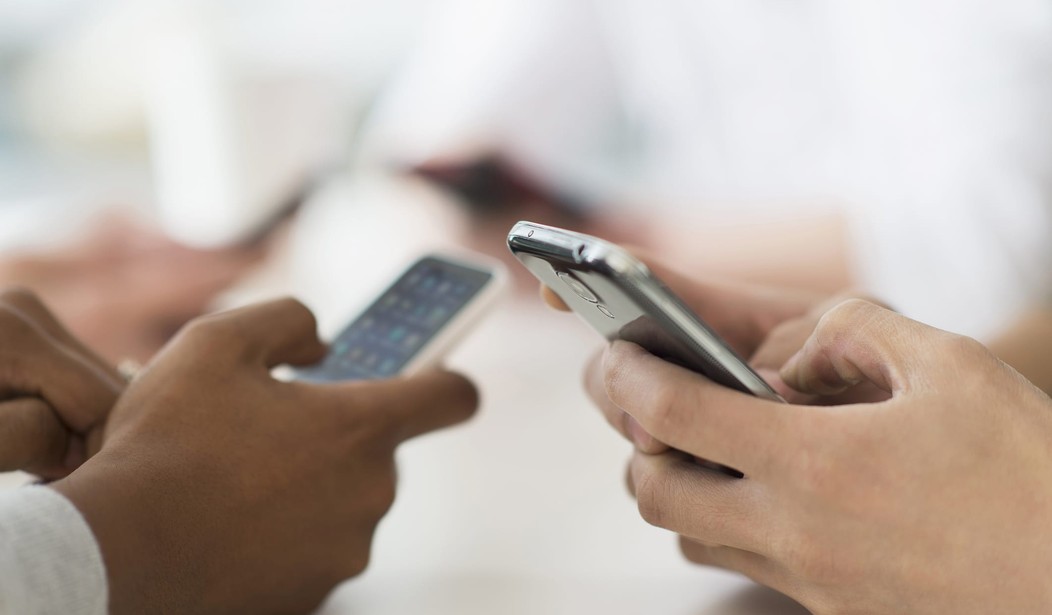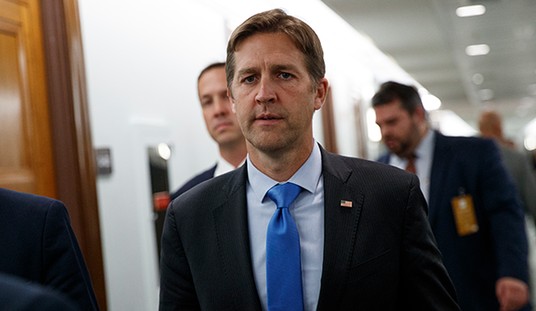If you use Facebook you know that your feed is an assortment of posts from friends, groups and organizations, some friends of friends’ posts and comments, and some random news stories, all interspersed with a growing number of ads. In spite of this assortment, an increasing number of people say they get their news from Facebook, particularly the first thing in the morning.
According to a recent Pew Research Center report, more than two-thirds of American adults get at least some of their news on social media, up from 62 percent of American adults in 2016.
The Nieman Foundation for Journalism at Harvard decided to see just how much news actually makes it onto people’s Facebook feeds. Their conclusion? Not much. The researcher, Shan Wang, described the results of her study:
The findings were remarkable, given how large Facebook looms in news industry discussions about our disrupted present and future:
Half the people in our survey saw no news at all in the first 10 posts — even using an extremely generous definition of “news” (from celebrity gossip to sports scores to history-based explainers, across all mediums; our count included any news shared by the publishers themselves, other pages, or individuals, and sponsored publisher content).
Another 23 percent saw only one piece of news content. Sixteen percent saw two. Exactly one person out of 402 had news stories make up the majority of their feed (eight news items).
Of the 384 total news-related posts that surfaced in my sample, half were shared by someone other than the original publisher, whether by friends or a non-news page (e.g., by a friend in a Deplorables Facebook group, or by a Buffalo Bills fan page). Only 4 percent of the news posts in our sample came directly from publishers, though the range of publishers represented was pretty wide. Non-news ads and non-news posts from non-news pages made up the rest of the 4,020 total posts in our sample.
Note this again: Only four percent of our news came directly from the original source.
The results varied widely, as you’d expect. Much of what we see is supposedly determined by what we spend time reacting to with clicks and shares, as a result of Facebook’s secret algorithms. In my experience, much of what I see seems random or unexplainable. Behind the scenes Facebook is supposedly figuring out what to feed us, but it’s not always clear how they decide. I often get items repeating in my feed from a few days earlier, perhaps because someone added a comment. Yet we trust them to feed us our daily news.
Wang also noted how varied the results were among those she surveyed.
Everyone’s News Feed is unique, each based on a range of signals people who use Facebook tell us about themselves, including the things to which they react, what they choose to share, their friends, and other signals. We use those signals that people on Facebook produce to deprioritize content that is inauthentic, including hoaxes and misinformation — and to prioritize things that people signal to us as more relevant to them.
She found that for 10 consecutive days this past fall, most of her feed was news, perhaps because she “liked” more than 70 news organizations on Facebook. But her Nieman Lab colleagues saw no news in their feeds, similar to the findings from her survey.
Why is this important? Because two-thirds of us get our news from social media, Facebook has immense power over what we see and read. That means fewer get their news directly from identifiable news gathering organizations, and the only way for those news organizations to survive is to use Facebook to deliver the news to their customers — if they can get through the Facebook filter and funnel. So, news organizations are very dependent upon understanding how Facebook works. And that means Facebook has enormous power over the news industry, a scary thought regardless of your political leanings. For us to be best informed we should expose ourselves to news from the entire political spectrum, not just from those that reinforce our opinions.
But based on this one experiment, it seems Facebook is very inconsistent with what and how much news it delivers. And yet in spite of this, many of us have come to use it as a prime source of our news. What’s the lesson here? There are many better options for checking your news in the morning that relying on Facebook.









Join the conversation as a VIP Member